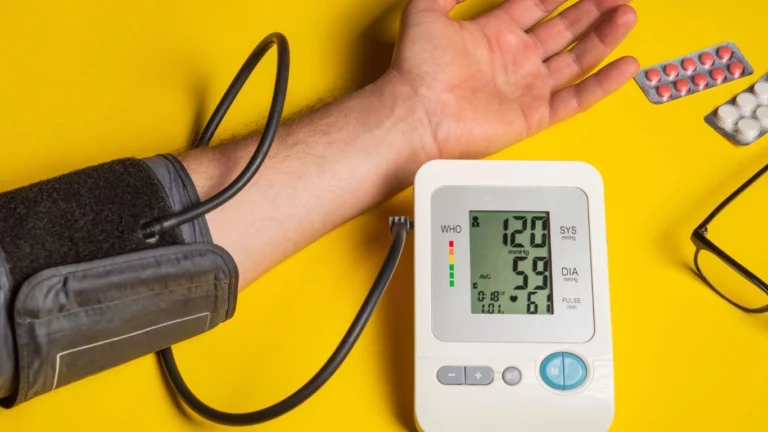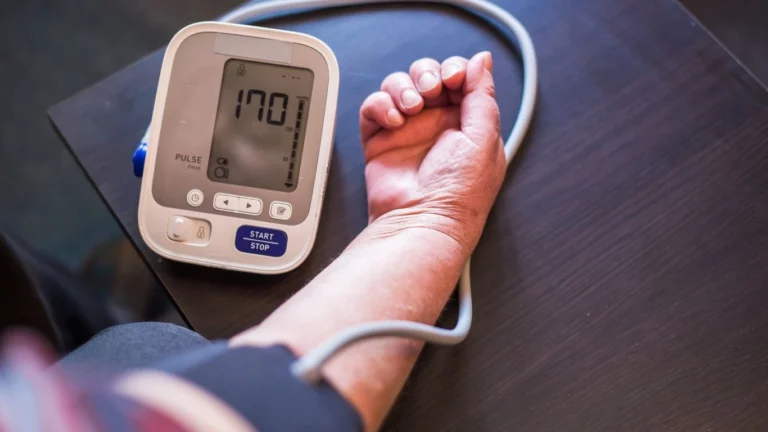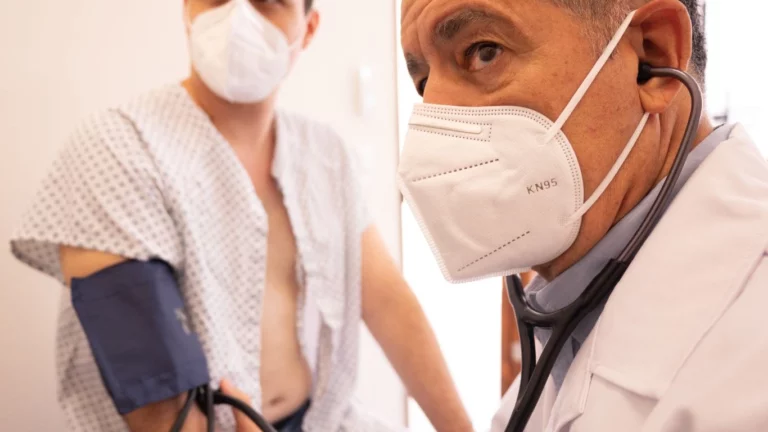How Antihypertensive Drugs Work in the Body 💊: What You Need to Know
Okay, let’s talk about high blood pressure (aka hypertension) and how those meds work to keep it in check. It’s one of those things that sneaks up on you, often without any obvious signs, but it can cause some serious issues if left unchecked. The good news? Antihypertensive drugs are here to help. I’ll break it down in simple terms, tell you how they actually work, and share some tips and real-life stories to give you a better understanding. 🚑
What Is Hypertension and Why Does It Matter?
First, let’s get the basics out of the way. Hypertension is when your blood pressure is consistently too high. Blood pressure is measured with two numbers: systolic (the top number) and diastolic (the bottom number). Anything above 140/90 mm Hg is considered high, and you don’t want to mess with that.

Here’s the thing: high blood pressure doesn’t always have symptoms, which is why it’s often called the “silent killer.” If it goes on too long, though, it can mess with your heart, kidneys, and even your vision. So, it’s super important to get it under control. That’s where antihypertensive drugs come in.
How Do Antihypertensive Drugs Actually Work? 💊
Alright, here’s the fun part. Antihypertensive meds work in different ways depending on the type you’re taking. Think of them like tools in a toolbox – each one does something specific to help lower your blood pressure.
1. Diuretics – The “Water Pill” 💧
If you’ve heard of the “water pill,” that’s usually a diuretic. These meds help your kidneys get rid of excess salt and water, which means your blood volume goes down, and boom – less pressure on your arteries. It’s a pretty common first-step treatment for high blood pressure.

A little personal story here: my mom’s been on diuretics for years. She’s always talking about how she has to go to the bathroom a bit more often, but hey, it works!
2. ACE Inhibitors and ARBs – The Blood Vessel Relaxers 💉
These meds help chill out the blood vessels by blocking a hormone called angiotensin II. When this hormone is around, it tightens up your blood vessels, which raises blood pressure. ACE inhibitors and ARBs stop that from happening and let your blood vessels relax, making it easier for blood to flow.
I had a buddy on ACE inhibitors for a while – he said it worked wonders but did cause a dry cough. So, if that’s a thing for you, maybe switch to an ARB.
3. Beta-Blockers – Slowing Down Your Heart ❤️
Beta-blockers are kind of like giving your heart a breather. They slow down your heart rate and reduce how hard your heart has to work, which lowers blood pressure. These are especially helpful if you have high blood pressure and some heart problems, like angina or heart failure.
One of my uncles uses beta-blockers because of a heart condition, and he swears by how they keep his blood pressure steady.
4. Calcium Channel Blockers – Relaxing the Heart & Blood Vessels 🧑⚕️
These meds block calcium from getting into the muscle cells of your heart and blood vessels. Why? Because calcium can make those muscles contract, which isn’t great for blood flow. So, by blocking it, these drugs help the heart and blood vessels relax, making it easier for your heart to pump blood and lowering your pressure.
I remember my neighbor was on calcium channel blockers for a bit and said it helped him a lot with his overall energy levels – no more feeling drained all the time.
5. Alpha-Blockers – Relaxing Blood Vessels 🚶♀️
Alpha-blockers are another option. They work by blocking the effects of certain chemicals that tighten blood vessels. By keeping the blood vessels relaxed, blood can flow more freely, which lowers blood pressure.
Troubleshooting Common Issues with Antihypertensive Medications 🛠️
Now, while these meds are generally awesome for controlling blood pressure, they can come with some side effects. I mean, no medication is perfect, right?
1. Feeling Dizzy or Lightheaded
This one’s pretty common, especially if you’re on diuretics. It happens because your blood pressure is dropping, and your body’s still adjusting. If you feel dizzy, try standing up slowly, and make sure you’re staying hydrated. That usually helps!
2. Fatigue
Beta-blockers can leave you feeling super tired since they slow down your heart rate. If that’s happening, definitely talk to your doctor – they can adjust your dose or switch you to something else.
3. Frequent Bathroom Trips 💦
Diuretics can have you running to the bathroom a lot, and if it’s bugging you, there are ways to adjust your dose or timing. My friend had to take hers early in the morning so she wouldn’t be up all night!
4. Dry Cough
ACE inhibitors are known for causing a dry, annoying cough. If you’ve got this problem, don’t worry – ARBs usually don’t have this side effect, so a switch might do the trick.
Real-Life Stories: How Antihypertensive Drugs Helped 💪
Case Study 1: Sarah’s Blood Pressure Victory
Sarah’s been dealing with high blood pressure for years but didn’t even know it. After a routine checkup, her doctor prescribed an ACE inhibitor and a diuretic. Six months later, her blood pressure was under control, and she was feeling more energetic than ever! Of course, she did have to tweak her meds a bit because of some dizziness, but overall, it was a total win.
Case Study 2: John’s Heart Health Boost
John’s in his late 50s and has hypertension and a heart condition. He started taking beta-blockers, and while he did feel a little more tired at first, his blood pressure stabilized. Plus, his heart condition got way better over time. It’s all about finding the right balance with your meds.
Key Takeaways 📝
- Hypertension is a serious issue, but antihypertensive drugs can really help manage it.
- Different meds work in different ways – from reducing blood volume to relaxing blood vessels.
- Side effects are possible, but most can be managed with a little tweaking.
- Real-life examples show that with the right meds, blood pressure can be controlled, and life can get back on track.
FAQs ❓
1. Are antihypertensive drugs safe for everyone?
Not always! If you’re pregnant or have certain kidney issues, some meds might not be right for you. Always check with your doc first.
2. How long do I need to take them?
For most people, it’s a long-term thing. But healthy lifestyle changes, like diet and exercise, can help lower the dose or even reduce the need for meds.
3. Can I stop if I feel fine?
Nope! Hypertension can be silent, so even if you’re feeling good, it’s important to keep up with your meds. Talk to your doc before making any changes.
Disclaimer ⚠️
This post is just for informational purposes – not a replacement for professional medical advice. Always talk to your doctor about what’s best for you.
Call to Action 🚨
If you or someone you know is dealing with high blood pressure, don’t wait around! Chat with a healthcare provider about finding the right treatment plan. Getting your blood pressure under control is one of the best things you can do for your health.






